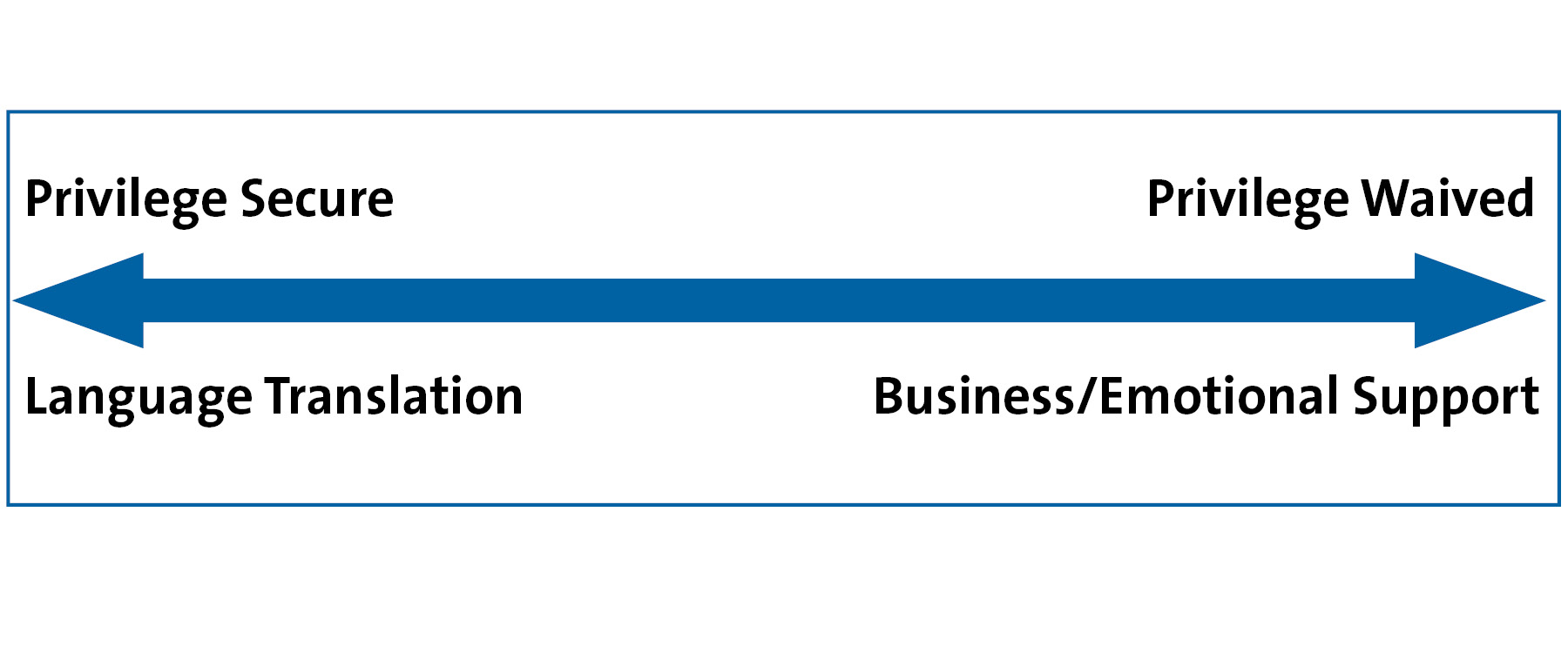In a prior post, I noted that if you want all disputes between contracting parties to be resolved in one and only one specific forum, it is imperative to expressly state this with great clarity in your agreement. In light of the Massachusetts Appeals Court’s recent decision in Try Switch, Ltd. v. Endurance International Group, a similar approach should be taken if a contracting party wants a non-party to be a bona fide “third-party beneficiary” who is legally permitted to enforce some right or obligation under that contract.
In Try Switch, the plaintiff sued Endurance International Group in the Massachusetts Superior Court for breach of contract, and Endurance moved to dismiss for improper venue. More specifically, Endurance argued that it was the third-party beneficiary of a contract between Try Switch and ValueClick International, and that contract included the following provision:
The exclusive forum for any actions related to this [a]greement shall be in the [c]ourts in Dublin, Ireland.
While the Superior Court agreed with Endurance and dismissed the case, the Appeals Court reversed. In doing so, the Appeals Court first acknowledged that even though no Massachusetts case addresses the issue as to whether a non-party to … Keep reading



